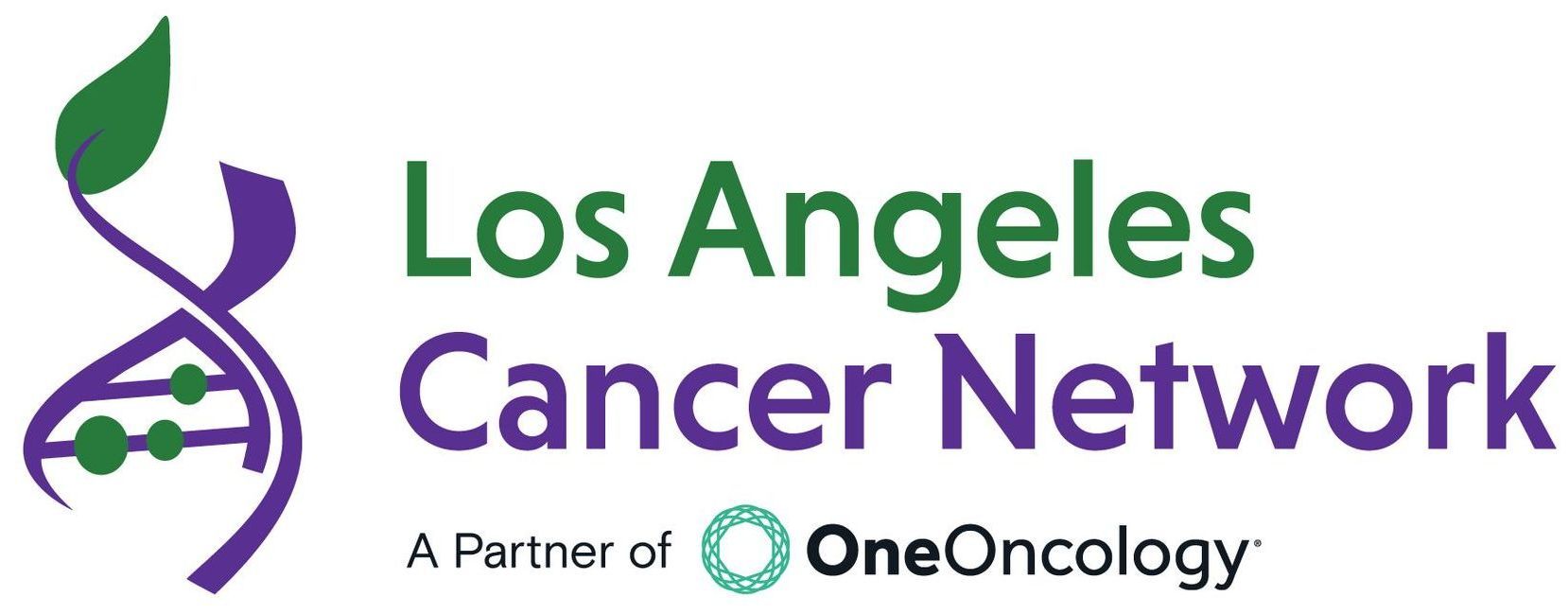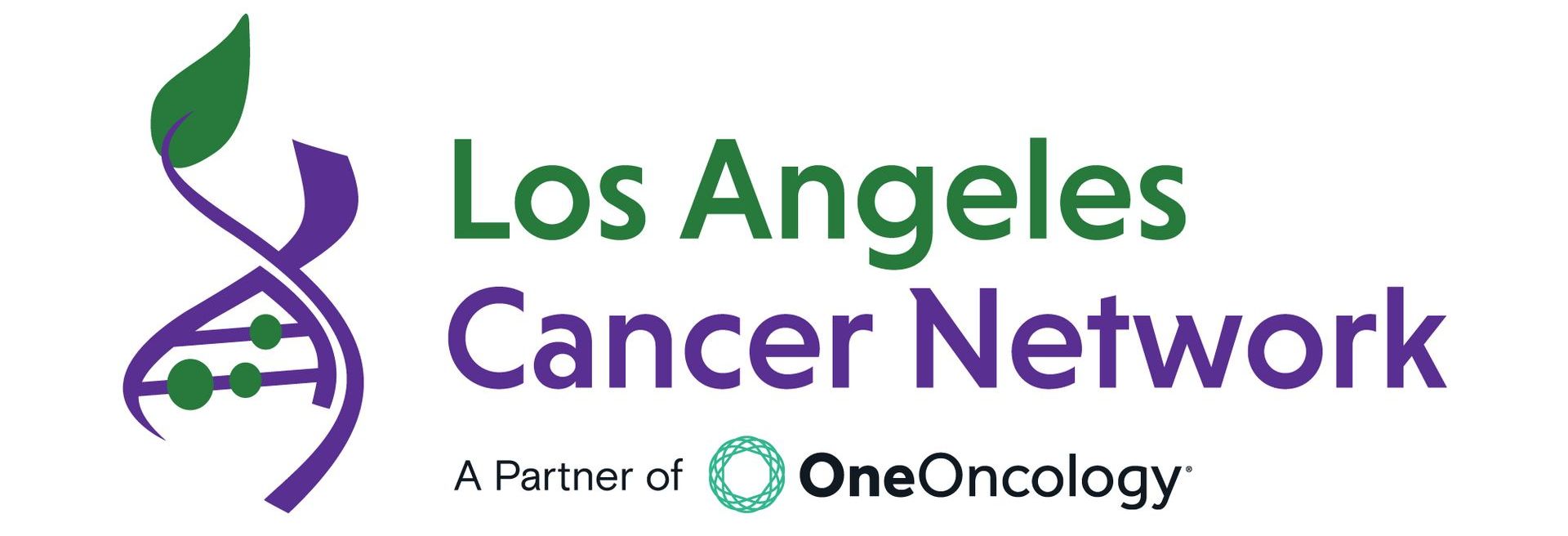Chemotherapy
Chemotherapy is a treatment approach that uses potent drugs to destroy cancer cells or to stop or slow their growth. It’s sometimes called systemic therapy because these drugs circulate throughout the body. Depending on various factors, chemotherapy can cure or control your cancer, or help ease symptoms you may be having.
Chemotherapy and Quality of Life
It’s very important for us to preserve your quality of life while you’re in our care. Our doctors and nurses carefully monitor you during and after your treatment. Our singular focus on cancer gives doctors at NYCBS extensive experience in identifying what makes each person’s cancer unique. If we determine that chemotherapy is the best treatment choice for you, your care team knows which specific drugs will be most effective.
Chemotherapy is Powerful
Because it often works by attacking rapidly dividing cells, chemotherapy can harm healthy cells. Examples are those that make blood cells or cause your hair to grow, as well as cancerous ones. You may experience side effects during or after your treatment, or both, because of damage to healthy cells. However, your care team can suggest strategies to minimize or manage those symptoms, adjust the drug or your dosage as necessary. We’re also working to develop new drug-based treatments that not only work better but also have fewer side effects.
Some new alternatives to traditional chemotherapy drugs are now available that more precisely target cancer cells and leave normal cells alone. For example, several immunotherapies and targeted therapies that we and other cancer experts have developed may result in fewer or different side effects.
How Chemotherapy Can Help You
If chemotherapy is a part of your treatment plan, your care team will explain why it’s a good choice for you. For cancers that affect the blood or the lymph system, including leukemia and lymphoma, chemotherapy may be the only treatment option that makes sense. Other reasons for including chemotherapy in your treatment plan include:
- destroying any cancer cells that might be left in your body after radiation or surgery (called adjuvant treatment)
- shrinking tumors before surgery or radiation therapy (called neoadjuvant treatment)
- treating cancer that’s come back (recurred) or spread (metastasized) to other parts of your body
- boosting the effect of radiation therapy
- easing or lessening the intensity of your cancer symptoms by shrinking tumors that are pushing against or putting pressure on parts of your body
Ways to Receive Chemotherapy
We give chemotherapy to patients in several ways. These include:
- intravenously (IV), with the drug delivered into your vein through a thin tube called a catheter
- orally in the form of tablets, pills, or capsules that you swallow
- by injection with a shot in a muscle or below your skin
- topically in the form of a cream that you apply to your skin
- intrahepatically, with the drug delivered into the hepatic artery, which sends blood directly into the liver
- by intraperitoneal injection into the abdominal cavity
- intrathecally, with the drug delivered into the fluid-filled space between the thin layers of tissue that cover the brain and spinal cord
If you’re receiving chemotherapy intravenously, your doctor may recommend inserting a special device called a port (like an artificial vein) into your chest wall under the skin. It can safely remain in place long-term if needed. If your care team recommends using a port to deliver your treatment, your doctor will explain why it would be beneficial for you, how and where it will be placed, how to care for it, how long you might need it, how it’s removed, and any potential risks involved. We’ll answer all your questions to help you make an informed decision.
Our Approach
The doctors here at LACN are here for you every step of the way through your journey. Our specialists can provide you with comprehensive, personalized care to help from diagnosis to remission and thereafter.












